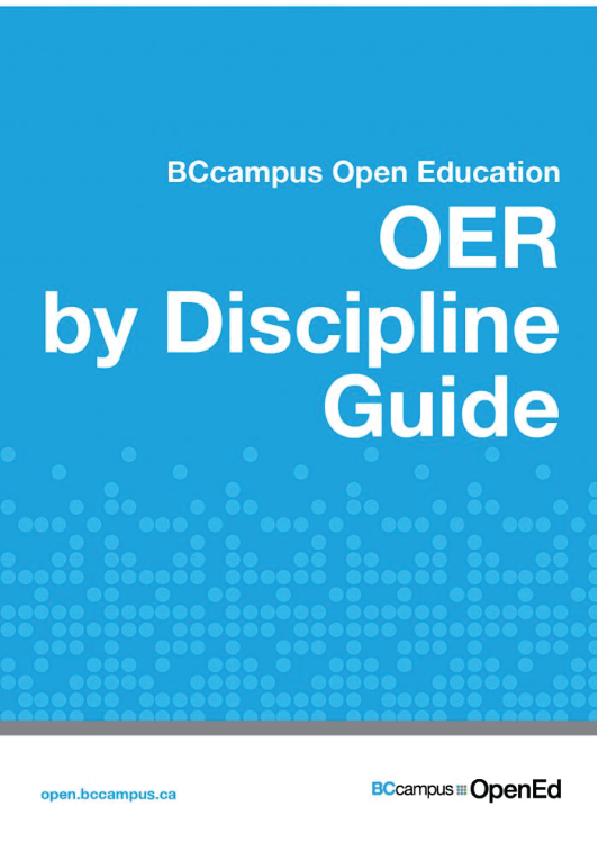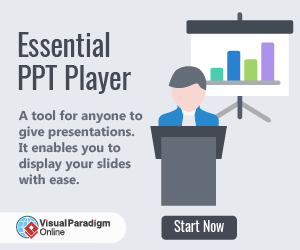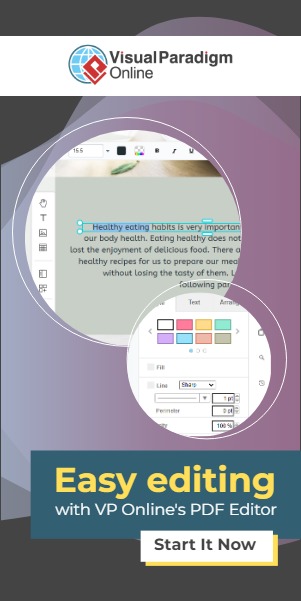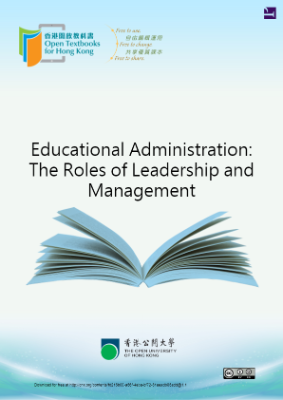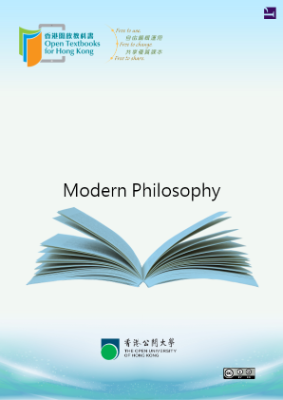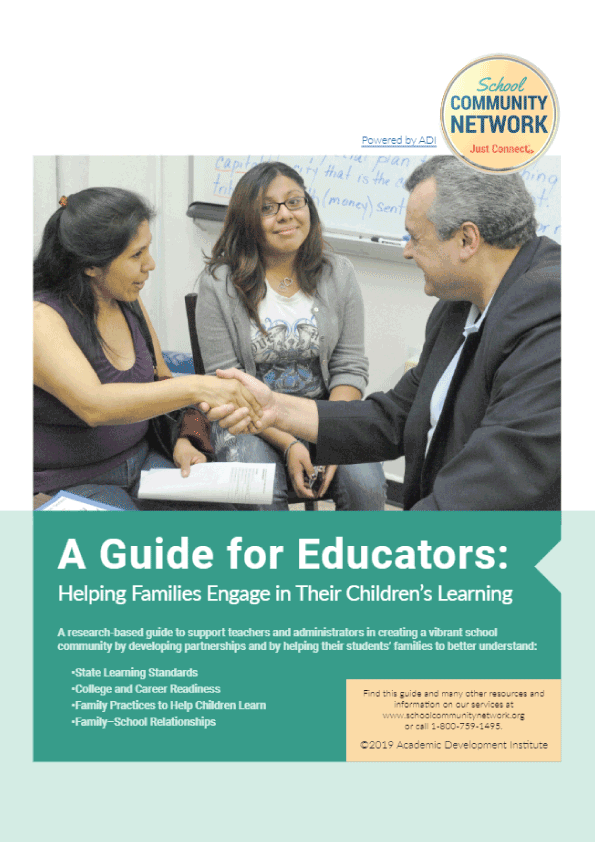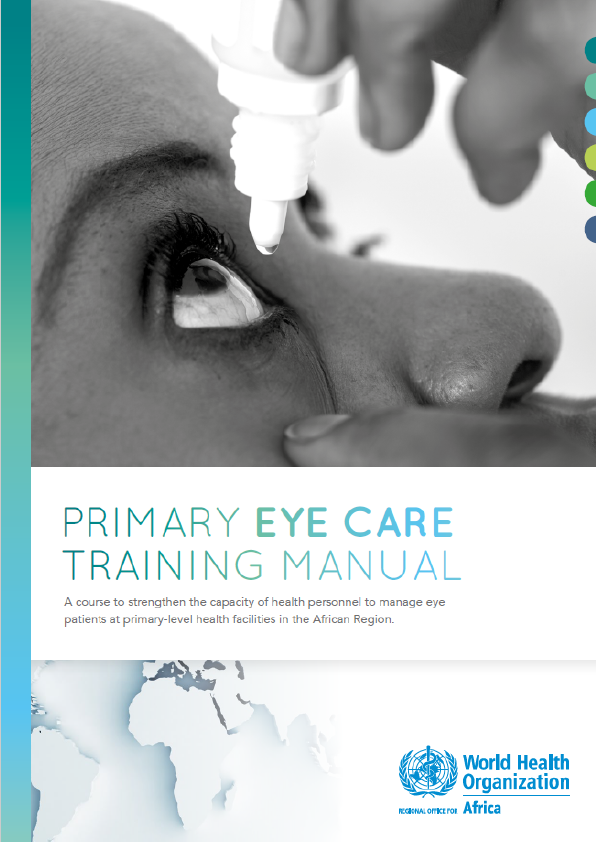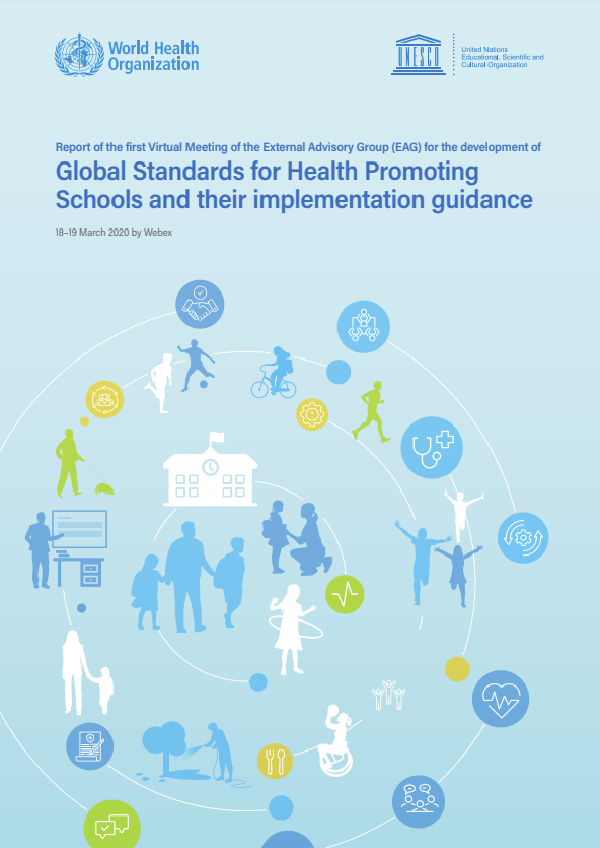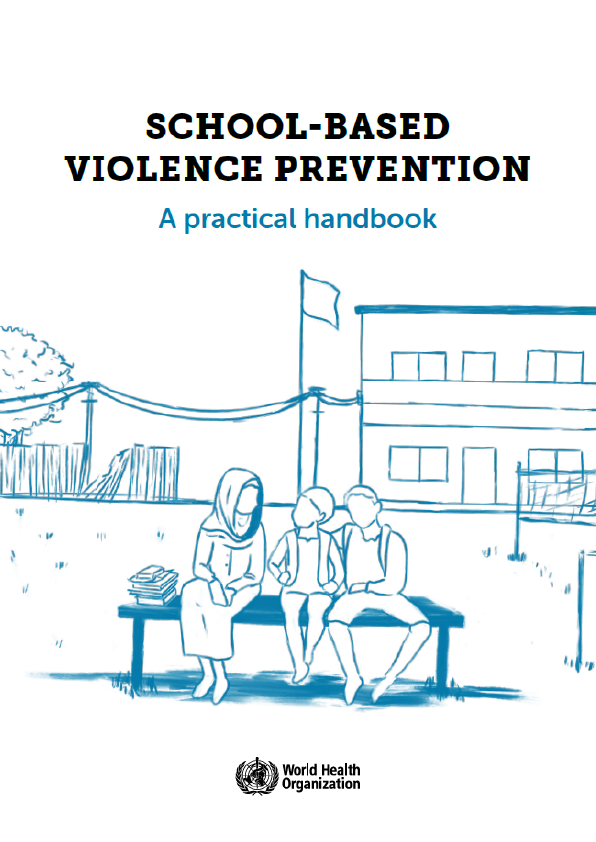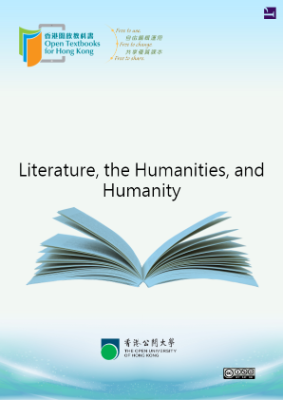How to use this guide Welcome to the BCcampus Open Education OER by Discipline Guide. This support resource lists a broad range of open educational resources organized by discipline. The purpose of this guide is to capture as many OER as possible—case studies, courses, games, repositories, simulations, textbooks, videos, and more—and organize them so faculty can easily locate resources in their subject area. Open educational resources (OER) are defined as teaching, learning, and research resources that, through permissions granted by the copyright holder, allow others to use, distribute, keep, or make changes to them. We consider this publication—along with our guides, webinar slide decks, and other support materials—as a type of OER that trains faculty, staff, and students how to build, customize, and use open textbooks. This guide does not come with an index. Instead, use the search field located in the top-right of each page in the online version to locate a specific topic.
OpenCon 2017 Do-a-thon
This guide would not be what it is without those who contributed to the “Anthology of (non-textbook) OERs, organized by discipline” do-a-thon project that took place at OpenCon in Berlin, Germany, in November 2017. Roughly a dozen people collaborated on compiling lists of OER material and collections, and that list was used as a starting point for developing this guide. Thanks to all who were able to contribute to that project.
About BCcampus Open Education
BCcampus Open Education began in 2012 as the B.C. Open Textbook Project with the goal of making postsecondary education in British Columbia more accessible by reducing students’ costs through the use of open textbooks and other OER. BCcampus supports the post-secondary institutions of British Columbia as they adapt and evolve their teaching and learning practices to enable powerful learning opportunities for the students of B.C. BCcampus Open Education is funded by the British Columbia Ministry of Advanced Education, Skills & Training, and the Hewlett Foundation.
If you adopt this book, as a core or supplemental resource, please report your adoption in order for us to celebrate your support of students’ savings. Report your commitment at www.openlibrary.ecampusontario.ca. We invite you to adapt this book further to meet your and your students’ needs. Please let us know if you do! If you would like to use Pressbooks, the platform used to make this book, contact eCampusOntario for an account using open@ecampusontario.ca. If this text does not meet your needs, please check out our full library at www.openlibrary.ecampusontario.ca. If you still cannot find what you are looking for, connect with colleagues and eCampusOntario to explore creating your own open education resource (OER). About eCampusOntario eCampusOntario is a not-for-profit corporation funded by the Government of Ontario. It serves as a centre of excellence in online and technology-enabled learning for all publicly funded colleges and universities in Ontario and has embarked on a bold mission to widen access to post-secondary education and training in Ontario. This textbook is part of eCampusOntario’s open textbook library, which provides free learning resources in a wide range of subject areas. These open textbooks can be assigned by instructors for their classes and can be downloaded by learners to electronic devices or printed for a low cost by our printing partner, The University of Waterloo. These free and open educational resources are customizable to meet a wide range of learning needs, and we invite instructors to review and adopt the resources for use in their courses.
